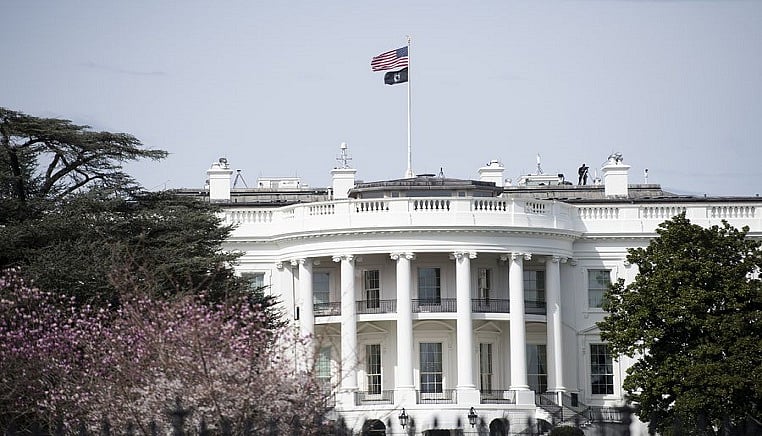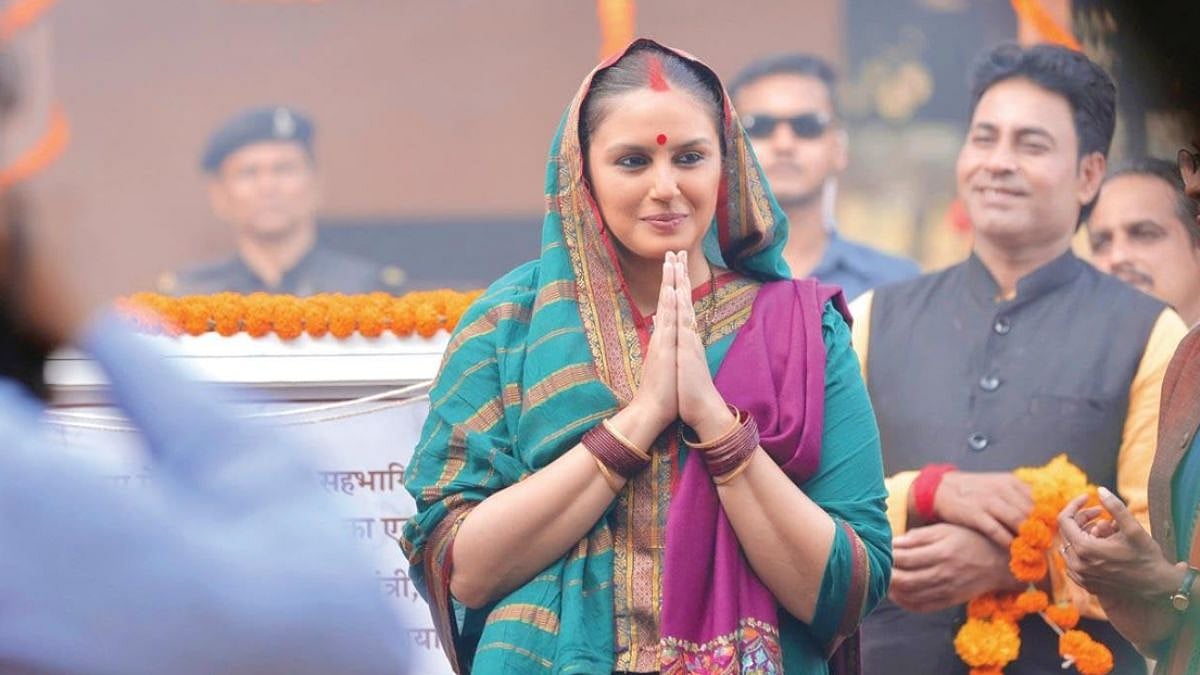Last week, Chinese media outlets put out news stating that the country had not recorded a single case of the novel coronavirus, COVID-19 in over 72 hours. The propaganda was shared by news agencies, as well as leading international publications such as the New York Times, The Guardian, The Sydney Morning Herald, just to name a few. In India, the story was published by newswires, and several organisations, ours included, published the wire without changing any information that it had recorded.
Earlier today, three virus-related news stories came out of China: the first was that of a man who had died of hantavirus while travelling by bus. This article bought out pandemonium, because it was a virus and it was China – fears of another pandemic began doing the rounds and soon enough, hantavirus was the top trend on Twitter. While the symptoms of the disease sound similar to coronavirus, hantavirus is not caused by human-to-human interaction; rather it is rodent-to-human interaction.
The second case of virus-related news coming out of China was that the country was going to lift the lockdown on Wuhan province in April. This story flew on social media, with people saying that it could be the beginning of the end of the pandemic that has put life across the world to a standstill.
The third news report put out by CNBC and France 24, were critical of the Chinese decision, after it was reported that 78 new cases (of which 74 are imported) have been reported from China.

Global Times, which is the English mouthpiece for the Chinese government even warned that a second wave of infections was inevitable.
But what we don’t know is if China actually hid details last week where they claimed that no cases had come out of the country. The virus originated in China in November last year, and the authorities were adamant that it was not the result of human-to-human interaction until it was too late. This is despite the fact that doctors in Wuhan had concluded that it was indeed transmitted from one person to another. Three weeks after the doctors made the announcement, China called the World Health Organisation only a month after the cases were reported in Wuhan.
From then, the coronavirus COVID-19 has spread and has affected 3,83,944 people across the word, as I type this. Of this, there have been 16,595 deaths and over 1 lakh people have recovered. India has recorded 511 cases, according to data available, of which nine people have died.

While China is to be blamed for hiding information, although it will never hold itself responsible for it, India, with its fragile public healthcare needs to figure out a way to prevent the disease from spreading. One slum-dweller in Mumbai has tested positive, which means it could be only a matter of time that the number exponentially rises from the existing 500-plus. This is because of several factors i.e. lack of clean water to wash hands (leave alone to drink), high population density in these areas, and the lack of basic education when it comes to hygiene practices. Adding to these woes, is the presence of nearly 7-odd doctors for 1,000 people, according to World Health Organisation data from 2017.
Whatever angle you look at it, China’s silence is the reason why this pandemic broke out in the first place. But boycotting the Xi Jinping-led nation will not be the solution, given what China offers the world in terms of manufacturing, labour, and mass production. Also, isolating China from geopolitical strategy in the long run will not be the sensible thing to do. China has shown in the past that it can bounce back from any situation, but the same cannot be said about the rest of the world. India for starters depends on China and 16 per cent of our imports come from the neighbouring nation. Four per cent of our exports go there. On the other hand, only 2.6 per cent of China’s exports go to India, and if we do end up boycotting China, we will be the biggest losers.
Instead, what India should work on is a medical strategy where we can collaborate and figure out ways in tackling situations like these in case a similar pandemic breaks out in future.












